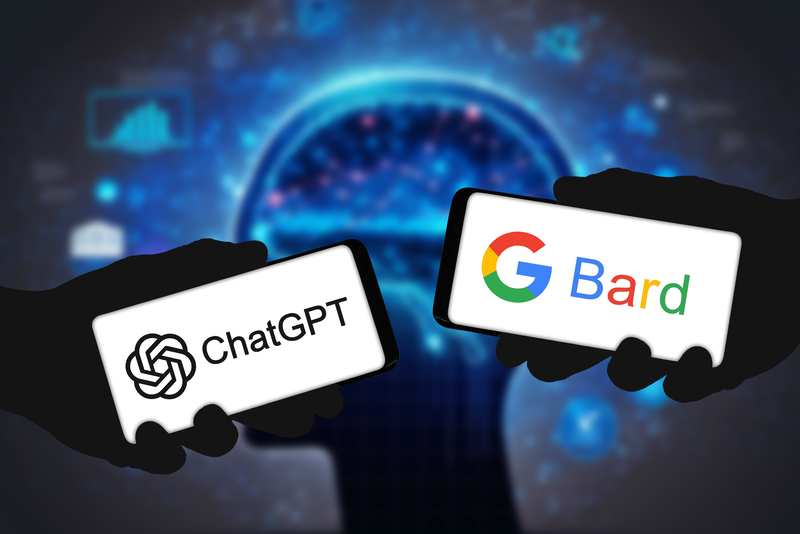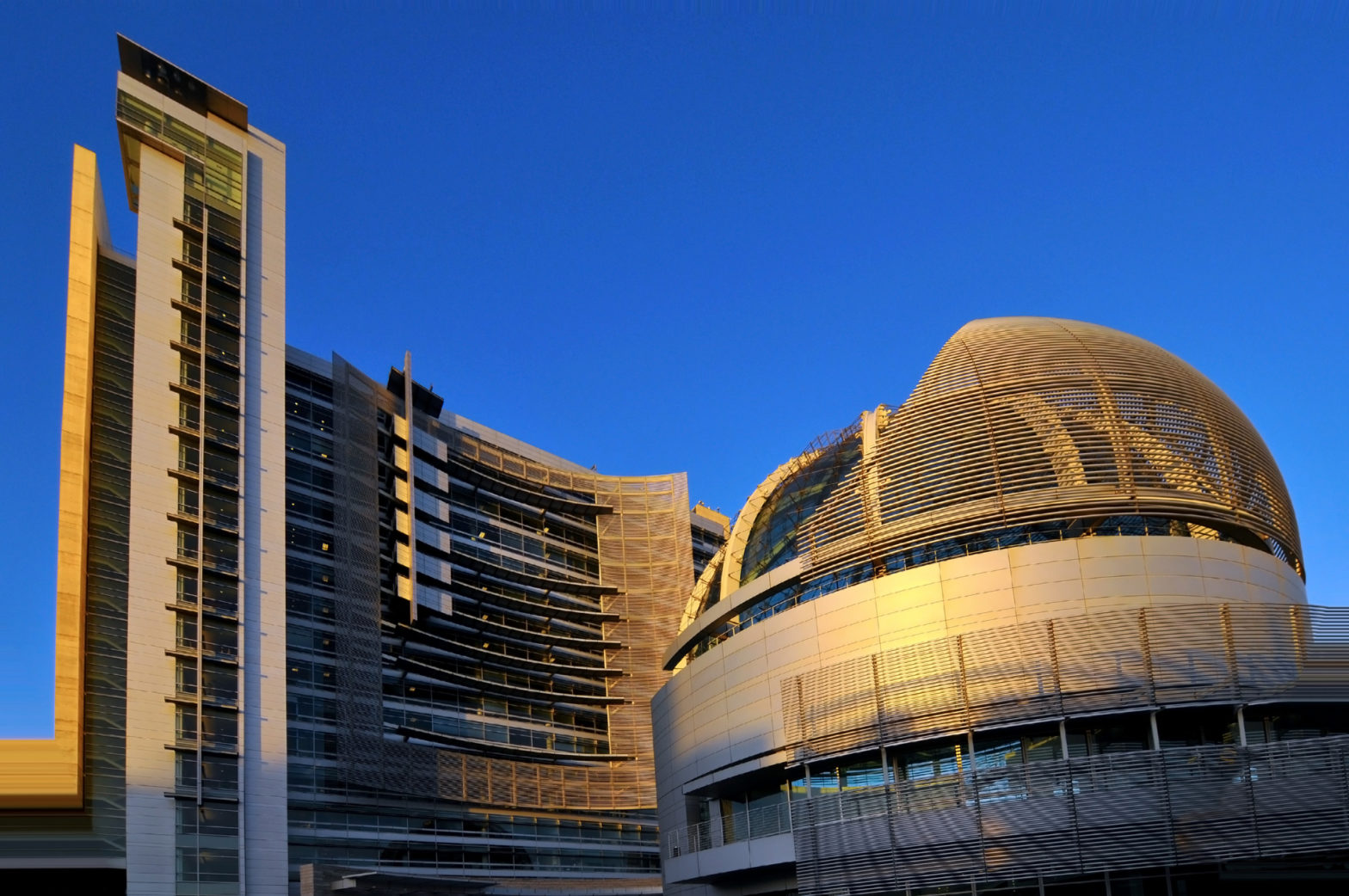
Photo: Waingro | Dreamstime.com
Boston creates staff guidelines on the use of generative AI
22 May 2023
by Sarah Wray
The City of Boston has shared guidelines for staff on using generative artificial intelligence (AI) in their work and encouraged them to “experiment responsibly”.
The city also switched on Google Bard as part of its enterprise use of Google Workspace.
Generative AI includes text tools such as ChatGPT and Bard and visual tools like Dall-E, which use large volumes of data along with machine learning techniques to produce content based on prompts from users.
Since ChatGPT burst onto the scene in November, followed by others, generative AI has spurred widespread debate over the opportunities and risks.
“The Department of Innovation and Technology and our collaborators aim to stay up-to-date and informed about new technologies that shape our world and may impact our city workforce,” said Santiago Garces, Boston’s Chief Information Officer, in a memo to staff. “In that spirit, we’ve created a set of Interim Guidelines for Using Generative AI to help us better understand the risks, encourage responsible experimentation, and support people and teams interested in learning more about these technologies.”
The guidelines apply to all of Boston’s workforce, except Boston Public Schools. “The use of generative AI in an educational setting will require more nuance and reflection,” the memo said.
Use cases
Example use cases highlighted in the guidance include drafting a memo, document or letter, preparing a job description, summarising text, repurposing content for different audiences, and translation.
The main messages of the guidelines are that staff should never share confidential information in the prompts and they should disclose when content has been created with AI. Employees are instructed to fact check and review all content generated by AI, especially if it will be used in public communication or decision-making, and they are reminded that they and the city still bear overall responsibility.
A set of principles include empowerment; inclusion and respect; transparency and accountability; innovation and risk management; privacy and security; and public purpose.
The memo also addressed potential concerns about jobs, stating: “The City knows that our workforce is the most valuable asset we have as part of our work. We are not planning to replace a broad part of our workforce with AI. But we think there is an opportunity to empower our workforce to improve the quality and efficiency of our work, and even to embrace possibilities that extend beyond our current capabilities. At this point, we do not expect any imminent impacts throughout the City.”
The guidance includes tips on writing effective prompts for generative AI and links to external resources that could be helpful.
The guidelines are expected to be replaced in the future with policies and standards.
The Department of Innovation and Technology also plans to run workshops for staff interested in learning more about generative AI technologies.
‘New precedent’
Writing in Wired, Beth Noveck, Director of the Burnes Center for Social Change at Northeastern University, who is listed in the acknowledgements of Boston’s guidelines as a contributor to their development, said: “These principles represent a shift from fear-mongering about the dangers of AI to a more proactive and responsible approach that provides guidance on how to use AI in the public workforce.”
“Boston’s generative AI policy sets a new precedent in how governments approach AI. By supporting responsible experimentation, transparency, and collective learning, it opens the door to realising the potential of AI to do good in governance,” she added.
Noveck said if more public servants and politicians embrace these technologies, practical experience can inform sensible regulations.
Other governments are also experimenting with generative AI, including Yokosuka in Japan, and Singapore and Dubai.







